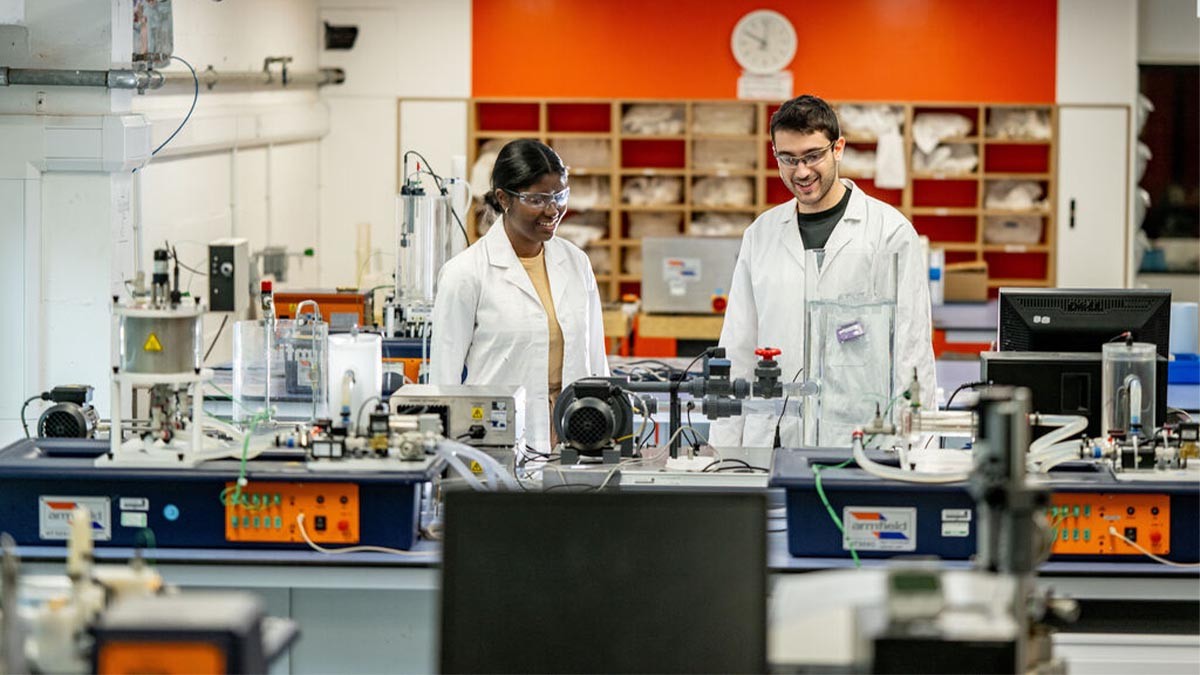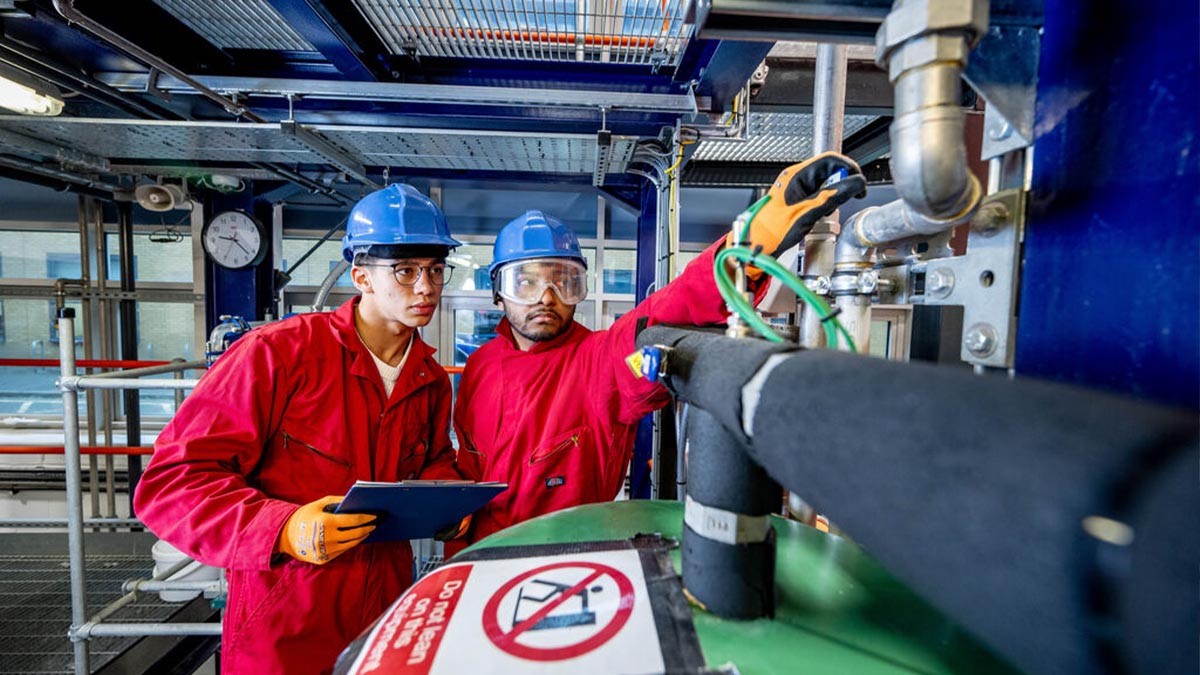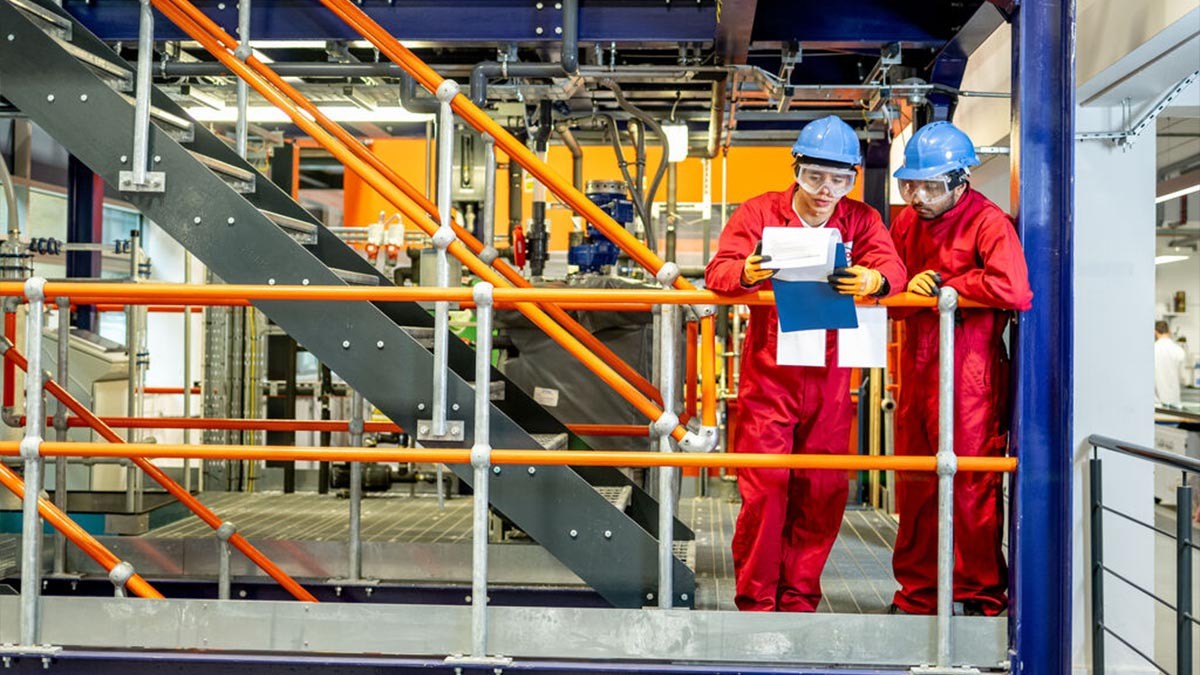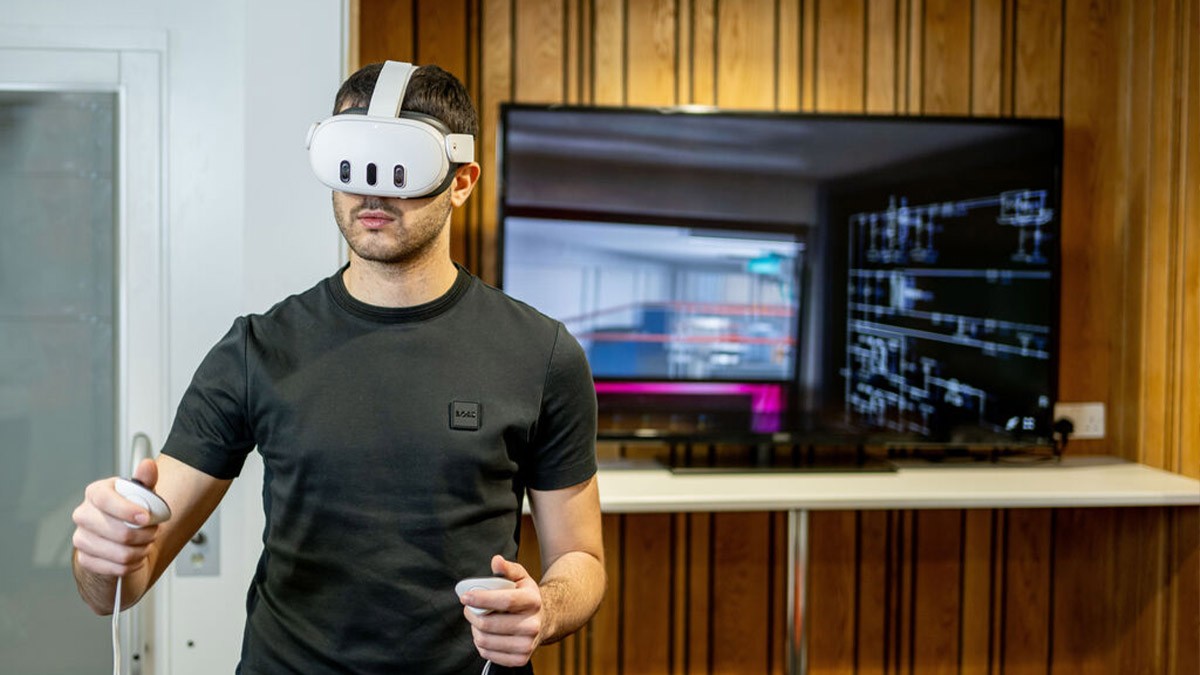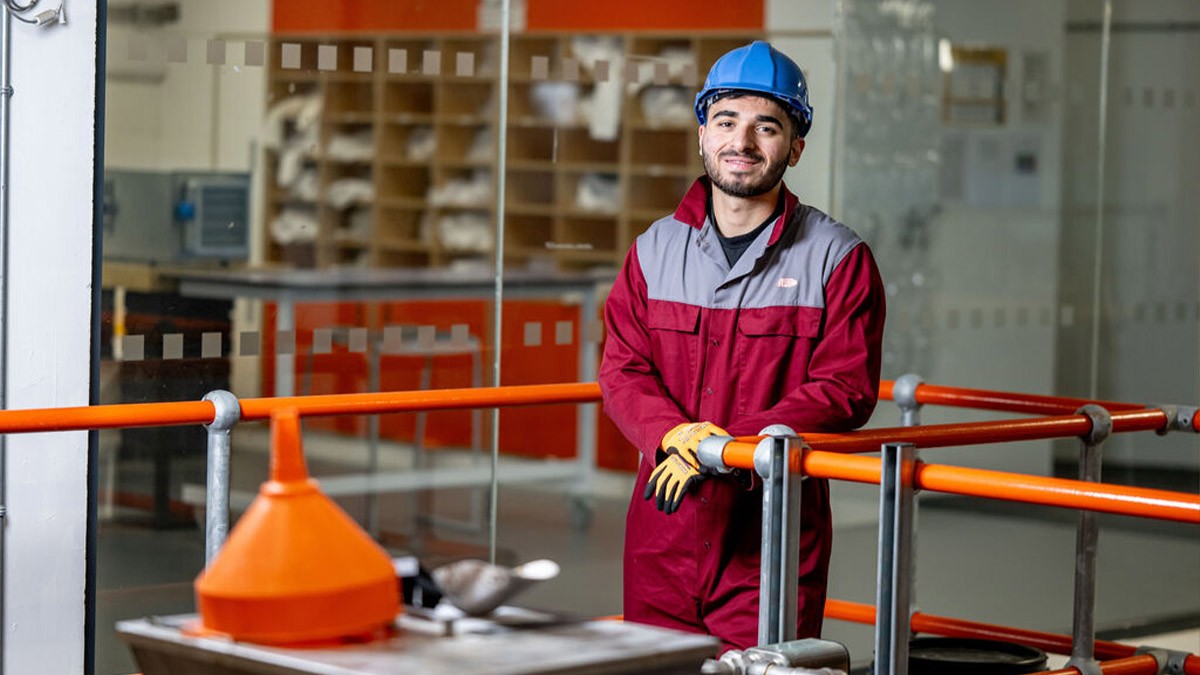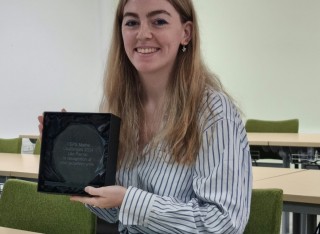Chemical and process engineering
Chemical engineers are transforming industries and the world we live in – from creating new biodegradable plastics and improving recycling methods, to developing more cost-effective drugs. At Surrey, we go beyond traditional teaching; we immerse students in real-world industrial practice and train them to think and act like professionals. Our chemical pilot plant is one of the UK’s only facilities of its kind, giving our undergraduate and postgraduate students a unique hands-on experience that simulates an actual industrial site.






